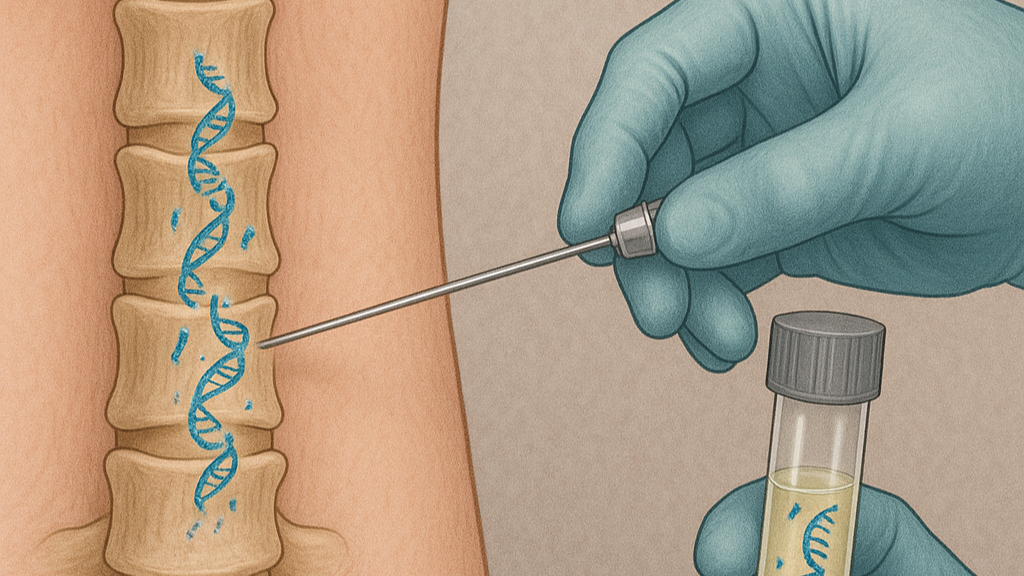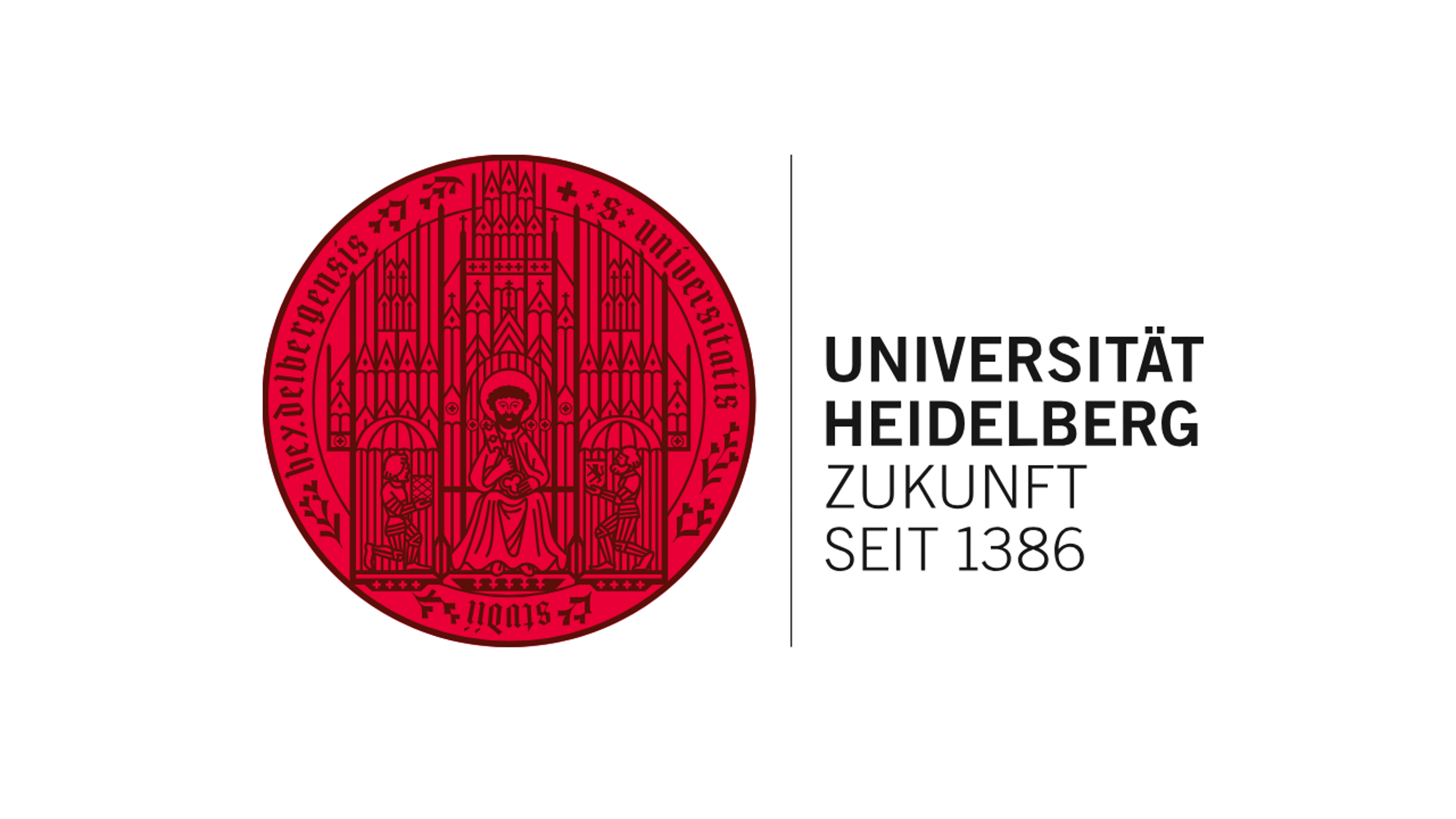
Research

New study shows benefits in all stages of dementia New findings indicate that a shingles vaccination could not only reduce the risk of cognitive impairment and dementia, but also have a positive effect on the course of the disease in patients who are already ill. Scientists from Heidelberg University’s Medical Faculty, the University of Mainz, […]
read more
3D microtumors could revolutionize treatment decisions
Chemotherapy is often a central component of treatment for advanced colorectal cancer. However, not every therapy is equally effective for every patient. Researchers from the German Cancer Research Center (DKFZ), the HI-STEM* stem cell institute, and the biotech company Xilis in Utrecht, Netherlands, have now developed a new method for selecting the most effective drug […]
read more
Molecular cause of radiation damage identified
A severe side effect of radiation therapy can be debilitating fibrotic skin damage. Scientists at the German Cancer Research Center (DKFZ) have now identified a key factor in the development of this radiation damage. Modulating this factor could potentially prevent this severe adverse effect. Radiation therapy is one of the most important “pillars” of cancer […]
read more
Tracing Tumors in Cerebrospinal Fluid: A New Opportunity for Precision Diagnostics in Brain Tumors
In a recently published scientific study, researchers have succeeded in accurately diagnosing common types of brain tumors in children and adolescents based on tumor-derived genetic material in cerebrospinal fluid. Until now, these so-called liquid biopsies were not capable enough for such reliable diagnostics. The international research team, involving the Medical Faculty of Heidelberg (MFHD) at […]
read more
NAKO study confirms link between smoking and depression
Smoking significantly increases the risk of depression. An evaluation of the NAKO study shows dose-dependent effects and proves that quitting smoking can improve mental health in the long term. A research group led by the Central Institute of Mental Health (CIMH) in Mannheim has confirmed for the first time within the German National Cohort (NAKO) […]
read more
When Artificial Intelligence Creates Stronger Emotional Closeness than a Human
Heidelberg and Freiburg researchers study interaction with AI chatbots Humans can build emotional closeness to artificial intelligence (AI) – under certain conditions even more strongly than to another human being. This has been shown by studies conducted by Prof. Dr Bastian Schiller from Heidelberg University’s Institute of Psychology in cooperation with colleagues from the University […]
read more
Using AI to Retrace the Evolution of Genetic Control Elements in the Brain
Researchers map evolutionary changes in the developing mammalian cerebellum Artificial intelligence allows tracing the evolution of genetic control elements in the developing mammalian cerebellum. An international research team led by biologists from Heidelberg University as well as the Vlaams Instituut voor Biotechnologie and KU Leuven (Belgium) has now developed advanced AI models that can predict […]
read more
A double-edged sword: Chronic cellular stress promotes liver cancer – but at the same time renders tumors vulnerable to immunotherapy
A key molecular mechanism drives the growth of liver cell cancer while simultaneously suppressing the body’s immune response to the tumor. This has now been published in the journal Nature by a team led by researchers from the German Cancer Research Center (DKFZ), the University Hospital of Tübingen, and the Sanford Burnham Prebys Medical Discovery […]
read more
AI learns from animals: New approach to improve surgical imaging
Scientists at the German Cancer Research Center (DKFZ), Heidelberg University Hospital (UKHD), and Mannheim University Medical Center (UMM) are presenting a method that enables artificial intelligence (AI) to learn how to transfer medical image data from animals to humans. This “xeno-learning” could help make surgical procedures safer and more precise in the future – without […]
read more
